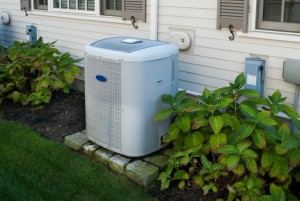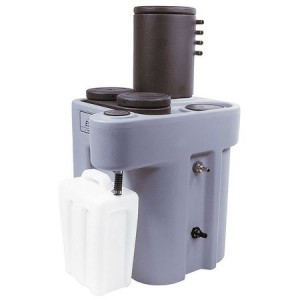 Cooling season is just about here, and it’s never too early to start preparing. Even if the weather hasn’t been particularly warm just yet, it’s time to start thinking about spring cleaning. Part of your regimen should include preparing your HVAC systems to run at peak performance when it comes time to run your air conditioning. Keep reading for some important steps to take before summer arrives.
Cooling season is just about here, and it’s never too early to start preparing. Even if the weather hasn’t been particularly warm just yet, it’s time to start thinking about spring cleaning. Part of your regimen should include preparing your HVAC systems to run at peak performance when it comes time to run your air conditioning. Keep reading for some important steps to take before summer arrives.
Change your filter
HVAC filters should be changed at least once a season. If you haven’t changed it recently, springtime is a great time to do so. You’ll also have a fresh filter to capture all those pesky spring allergens – something your employees are sure to be thankful for.
Clean away winter debris
Debris left over from the winter season, such as trash and yard waste, can restrict airflow. When your HVAC system works harder to overcome the restricted airflow, it commonly leads to increased utility bills. Keeping the area clear of debris and overgrown plants will ensure a properly functioning system.
Schedule preventative maintenance
Contractors are less busy in the spring versus the summer. By scheduling an inspection now, any potential issues regarding your HVAC air filter housing can be identified before they have the opportunity to cause havoc in the summer.







 Oil water separators are crucial pieces of equipment that are invaluable for a wide range of industries and applications. By removing suspended solids and oils from wastewater before they enter the municipal wastewater system,
Oil water separators are crucial pieces of equipment that are invaluable for a wide range of industries and applications. By removing suspended solids and oils from wastewater before they enter the municipal wastewater system, 


